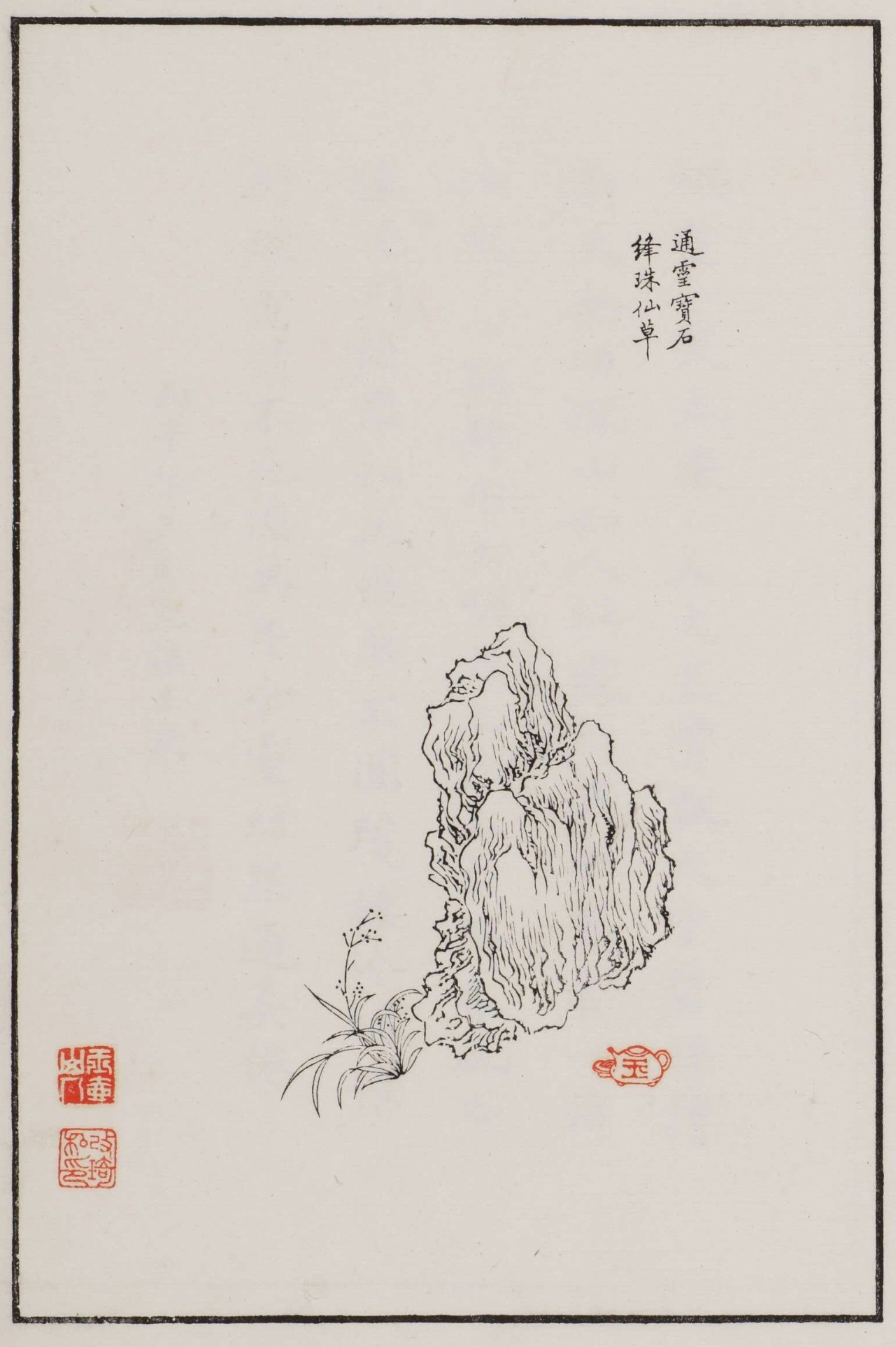Cao Xueqin Defies Convention
When we read slowly and deliberately, sometimes we discover some pretty interesting things.
In the passage we covered yesterday, the stone is suddenly given a new name. The Goddess Who Unveils Illusion (警幻仙子; translated as “Disenchantment” or “The Goddess Disenchantment” by other English translators) is visited by the stone one day. Remember, of course, that the stone was able to walk and talk, to move around as it wanted to and so on.
The Goddess gave the stone the name 神瑛侍者.
Like every other name in 紅樓夢, this name is really symbolic. As usual, that means we should stop and pay attention. We shouldn’t just talk about “the palace attendant Shen Ying” like the Yangs did in their translation, since readers will simply assume that it’s a different character.
The name is pretty easy to understand if you divide it up:
神, “God,” basically means “divine” here, since it’s an adjective.
瑛 is another word for beautiful jade, and refers specifically to the luster (or luminescence) of jade.
侍者 is a servant; in a Buddhist context, it refers to a humble disciple or acolyte serving a higher master.
Now, the first interesting thing here is that the Goddess gives the stone this name. You’ve got to think that the Goddess — perhaps acting on behalf of the entire celestial bureaucracy — bestowed this name on the stone in hopes that it would one day grow to that stature.
I say this because Jia Baoyu, the character that the stone winds up turning into when it comes to earth, is certainly not a servant, and acts in a way that is anything but divine. In fact, Jia Baoyu’s character basically guarantees that he’ll rebel against anything the celestial bureaucracy wants him to do.




